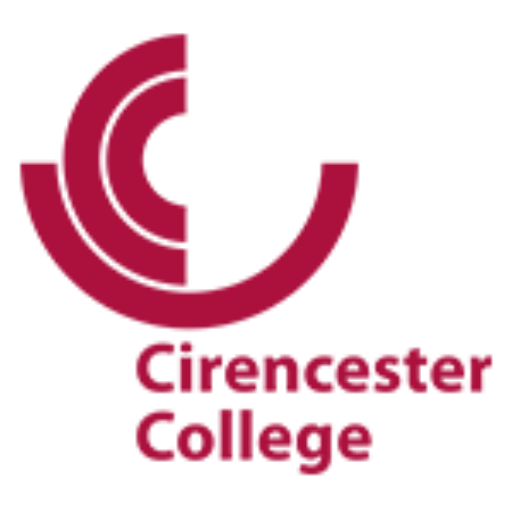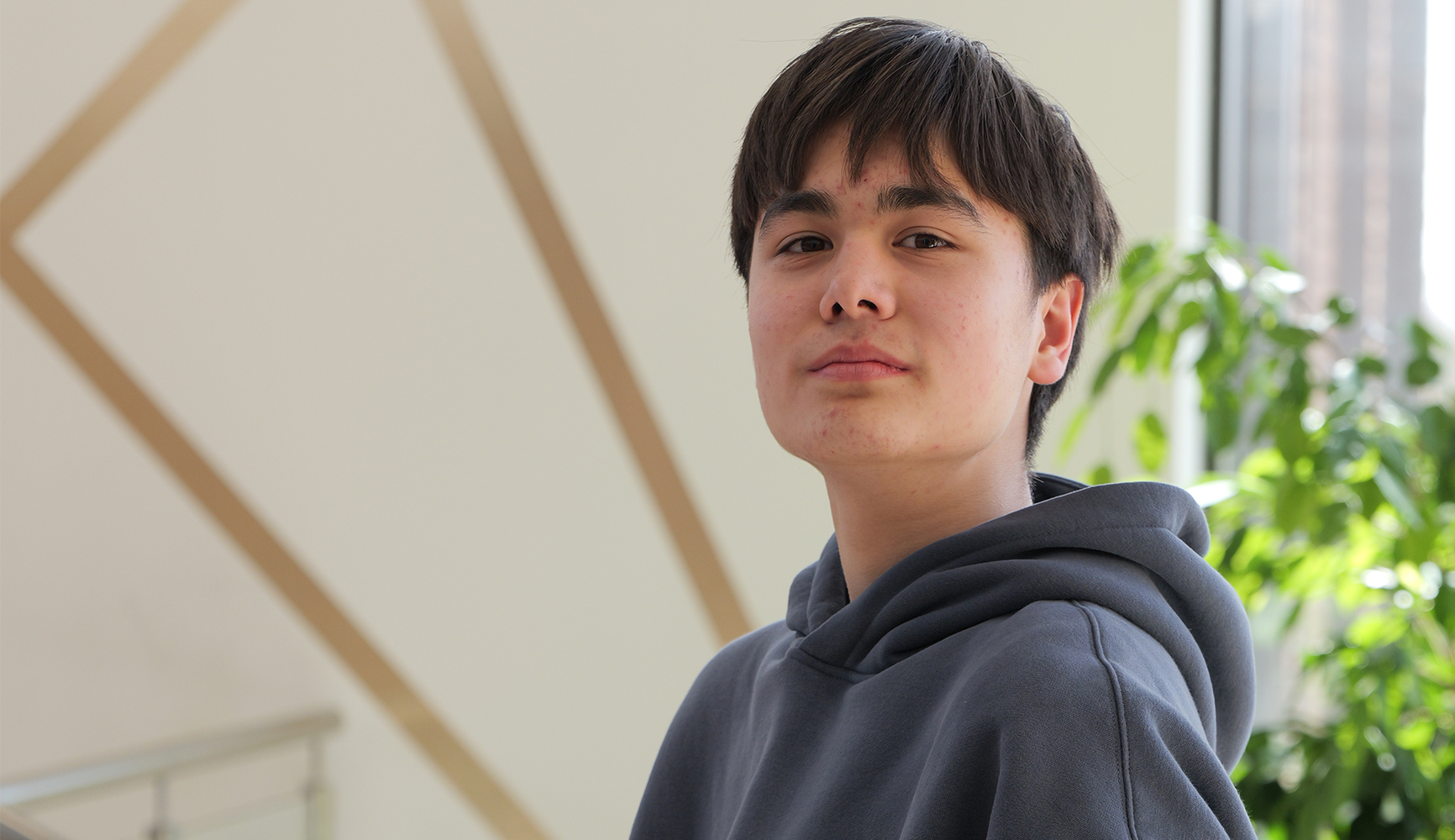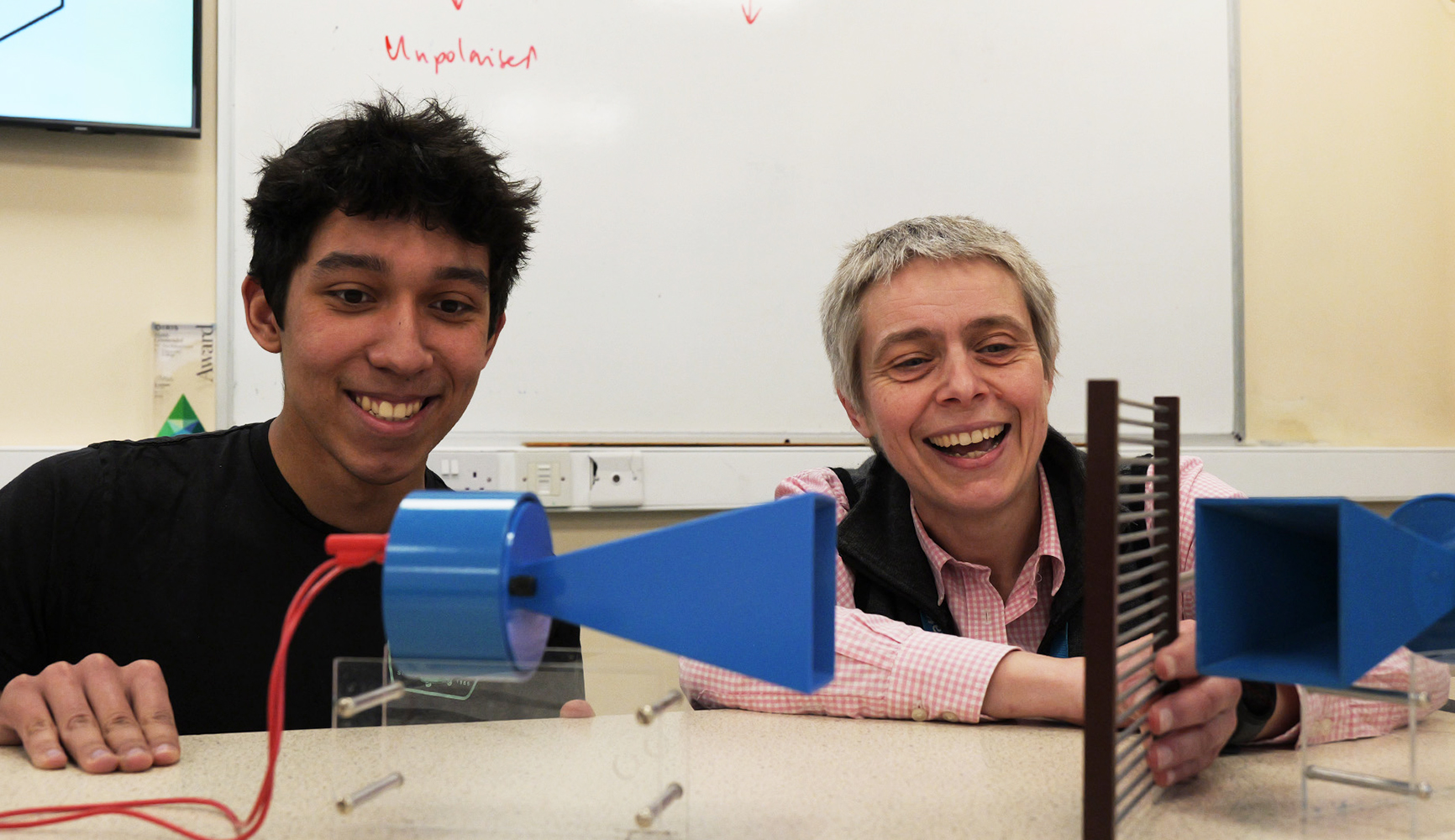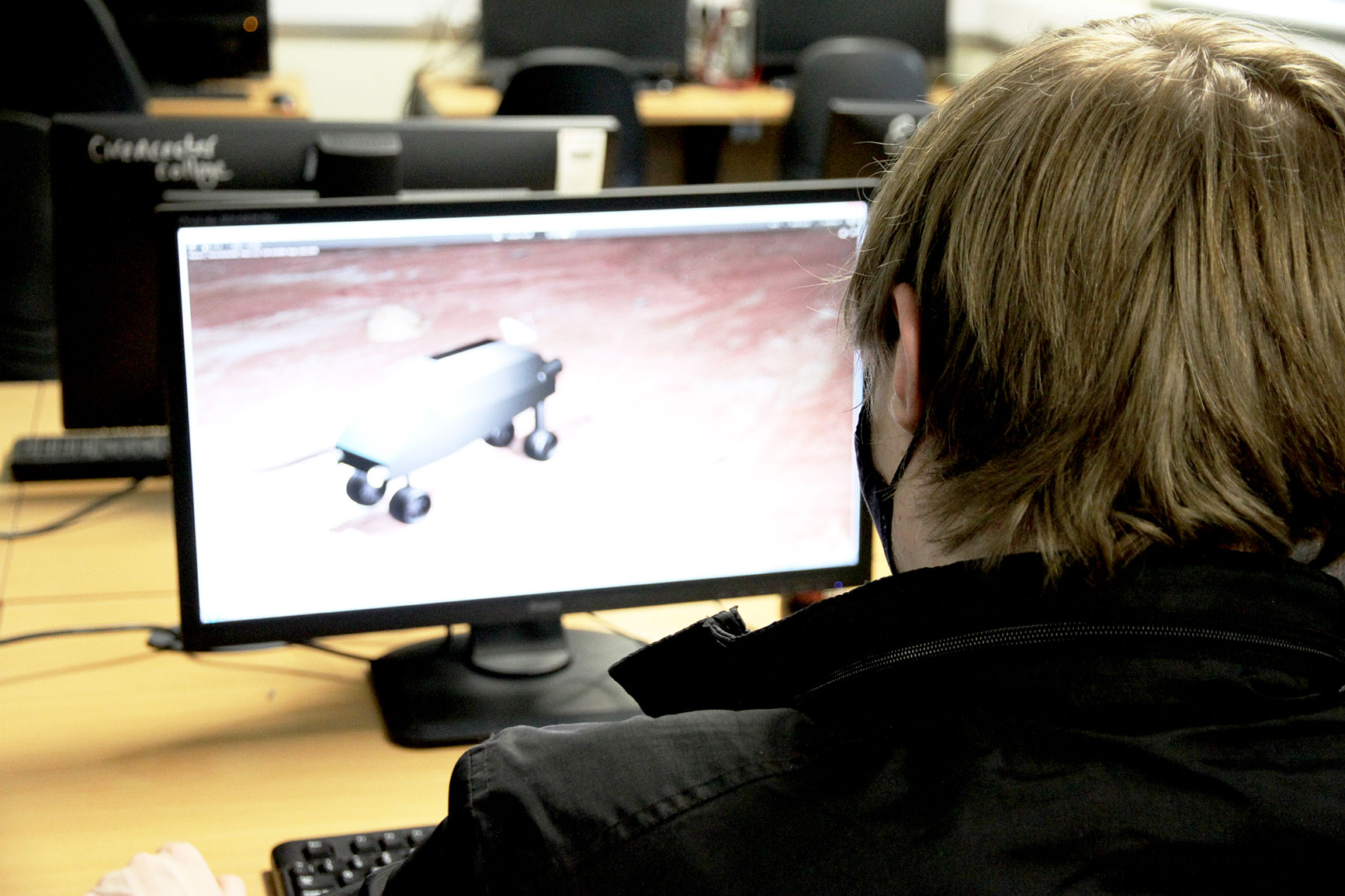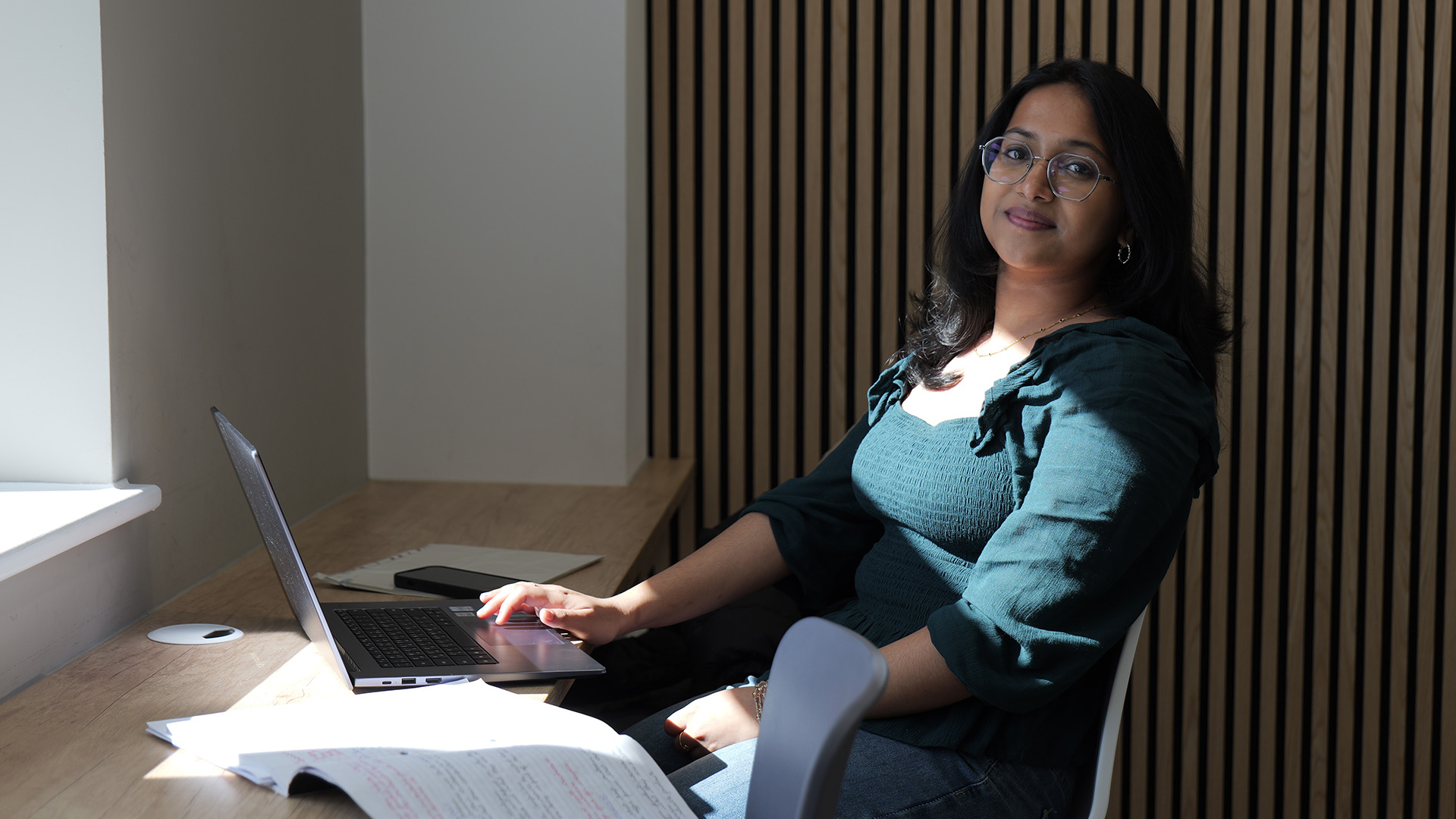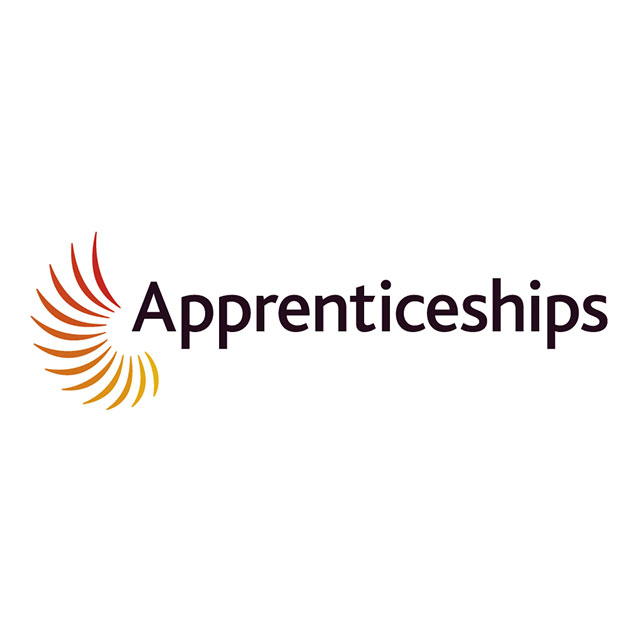DO NOT DELETE OR EDIT THIS ROW OR ITS CONTENTS

A-level Maths is the single most popular A-level in the country. This A-level extends many of the topics you have met at GCSE, as well as introducing some very new ideas. You'll work on developing your problem solving and analytical skills as well as looking at real life and abstract problems. This A-level is designed to support study in areas of science, economics and computing as well as stats heavy areas of psychology, biology and geography.
What will I study in Mathematics A-level?
The A-Level Maths course is split into three sections:
- The first and largest section is Pure Maths. This involves development of a few familiar topics from GCSE like algebra and trigonometry. There will also be some new ideas like calculus, numerical methods, vectors and infinite series. There are a lot of new methods and formulae to learn - but it will enable you to answer a huge range of new problems.
- There is a small section on Statistics which is about analysing data, working with probability and the formal testing of claims agaisnt the evidence we observe. This section can be very useful if your career or future study involves data collection and analysis.
- There is a small section on Mechanics – recapping and building on GCSE Physics. This section governs the way things move and interact with each other, like modelling the path thrown objects take or the speed at which things slide down slopes.
Entry Requirements
5+ GCSEs at Grade 4 or above from the core subjects including English Language. GCSE Grade 7 in Maths and coverage of the whole of the Higher Maths GCSE course.
How will I learn?
The cycle of learning for Maths is something you are probably familiar with, but most people are surprised just how much new maths there is to learn:
- Introduction of new material – this will involve demonstration of new methods and explanation of new ideas.
- Supported practice time in lessons – as Maths is quite an active subject you do need to actually try it. Sometimes this even involves getting it wrong first! There is always time in lessons to practice new methods until you can follow them correctly and your friends and teacher will be there to help.
- Extra practice at home – regular homework assignments to practice and develop what is learnt in class. These homework assignments have video solutions to help you if you get stuck. We believe that all students should be able to fully complete each homework with the support available.
- Guided test preparation – we provide practice tests for all of our assessments to help you prepare for tests. It is not uncommon to find some of the new ideas and methods you meet tricky at first. We believe that tests should not be a surprise and students should have time to prepare as they would for the final exams.
- Tests – Maths tests are an inescapable part of mathematics and everything over the two years is preparation for the final exams. We will work with you to help you develop an effective exam strategy and help you commit all the formulae you have to learn to memory.
How will I be assessed?
A-level Maths is an exam only subject. There are three exams with each paper being two hours long and worth 100 marks. Each paper contains questions covering both years of the course so a good memory and extensive preparation are essential. Lots of the questions involve problem solving and a few questions on each paper will involve modelling a real life problem using maths covered in the course.
Two of these papers are on Pure Maths with the third being an even split of Stats and Mechanics.
Any trips?
In previous years we have run trips to local universities to see Maths and STEM lectures in person. Most of our students plan to go onto university or to an apprenticeship with some elements of further study so this is a good insight into what it will be like.
Are there any costs involved?
For A level Mathematics you will need the following:
- A Cassio CLASSWIZ fx-991 CW (or the older fx-991EX) calculator. This is a scientific calculator with some extended features you will not need for GCSE but do need for A level. This can be bought through College or independently for £23-£25. Your standard GCSE calculator will not have all he functions you need.
- Basic stationery like pens/rulers/highlighters but nothing specialist like compass/protractor
- Paper for rough work – lined or square is ideal
- You may wish to purchase your own version of the formula book which you will have access to in the exam. This is available from College for 40p.
We will provide:
- An A4 exercise book for making and retaining neat notes on the material covered in class. It is quite important to have a reference at hand for work covered in previous lessons or whilst revising for tests.
- Loan of textbooks from the College library and online access to the textbooks on devices like laptops and tablets.
- The vast majority of our resources are available online and printing them is not necessary.
Device Requirements
MacBook (8GB RAM minimum | M2 or above)
or
Windows laptop (8GB RAM minimum | Ryzen 3 or Intel i3 12th Gen or above)
If you already own a device that meets the technical requirements of your course, you are welcome to bring it with you to college.
If not, more information on a convenient rental and help-to-buy scheme designed specifically for Cirencester College students is linked below.
FAQs
There is a huge range of content in the A level Maths course - some is relvent to everyday life and does appear quite "common sense".
Large chunks of the course are things we study to allow us to undersand topics later in the course and do not appear to have a real life use at the time.
Quite a few parts of the A level are quite complex concepts and are only useful if the rest of your life will involve maths or computer science!
The biggest thing you will gain from studying the A level are the transferable skills - problem solving, modelling and undersanding complex system. These are very much in demand in the workforce as well as good life skills to have.
Many students manage the transition very smoothly, but we do sometimes find that the speed that we have to cover material is quite different to what you have experienced at school. There is also a shift towards more independent learning, and it’s important that students understand that their success on A level is more about how they use their time outside the classroom to practice new techniques.
Overall the main differences between A level Maths and GCSE Maths are:
- There is a lot more to learn at A level and very few questions can be completed without having learn the new method. Often the final answer isn't worth any marks if the supporting working is not there with it.
- There are fewer topics at A level than GCSE and fewer (but longer) questions in the exams. Everything is covered in more depth so you really do have to be good at every part of the course. Missing out a topic you hate at GCSE probably won't change your grade but likely will at A level.
- A level maths requires very strong algebra skills and it's rare that questions don't involve slving some kind of equation. If you didn't enjoy the solving and algebra elements of GCSE maths it's not something you can avoid at A level!
You'll need your own calculator that is specifically designed for A level. For the vast majority of students this will mean buying a new one. In lessons we will demonstrate how to use the relevant calculator features - so we suggest that everyone gets the CASIO fx-991EX CLASSWIZ model so you can follow the demonstrations. This is available for a little under £25 either from Amazon or through the college shop. If you have a college bursary you could use some of this for your calculator.
Aside from this you will need basic stationery and paper for rough work - things like a protractor are not required!
You will be provided with a red A4 exercise book for making neat notes throughout the year.
The syllabus of A-level maths was agreed across all the exam boards and contains compulsory modules on statistics and mechanics. There are no optional modules.
There are no coursework elements - the only contributor to final grades is the exams at the end of year 2.
Awarding Body
EDEXCEL
Available As
[56 UCAS pts. available]

Add to Application
What can I do after I have taken this course?
Available As
[56 UCAS pts. available]

Add to Application

DO NOT DELETE OR EDIT THIS ROW OR ITS CONTENTS
What the students say

”In Maths I really enjoy challenging my logical thinking and finding solutions to tough problems. The satisfaction of solving a difficult question is definitely rewarding, and it’s a subject I really enjoy completing work for in my free time
Joanna Rosowska

